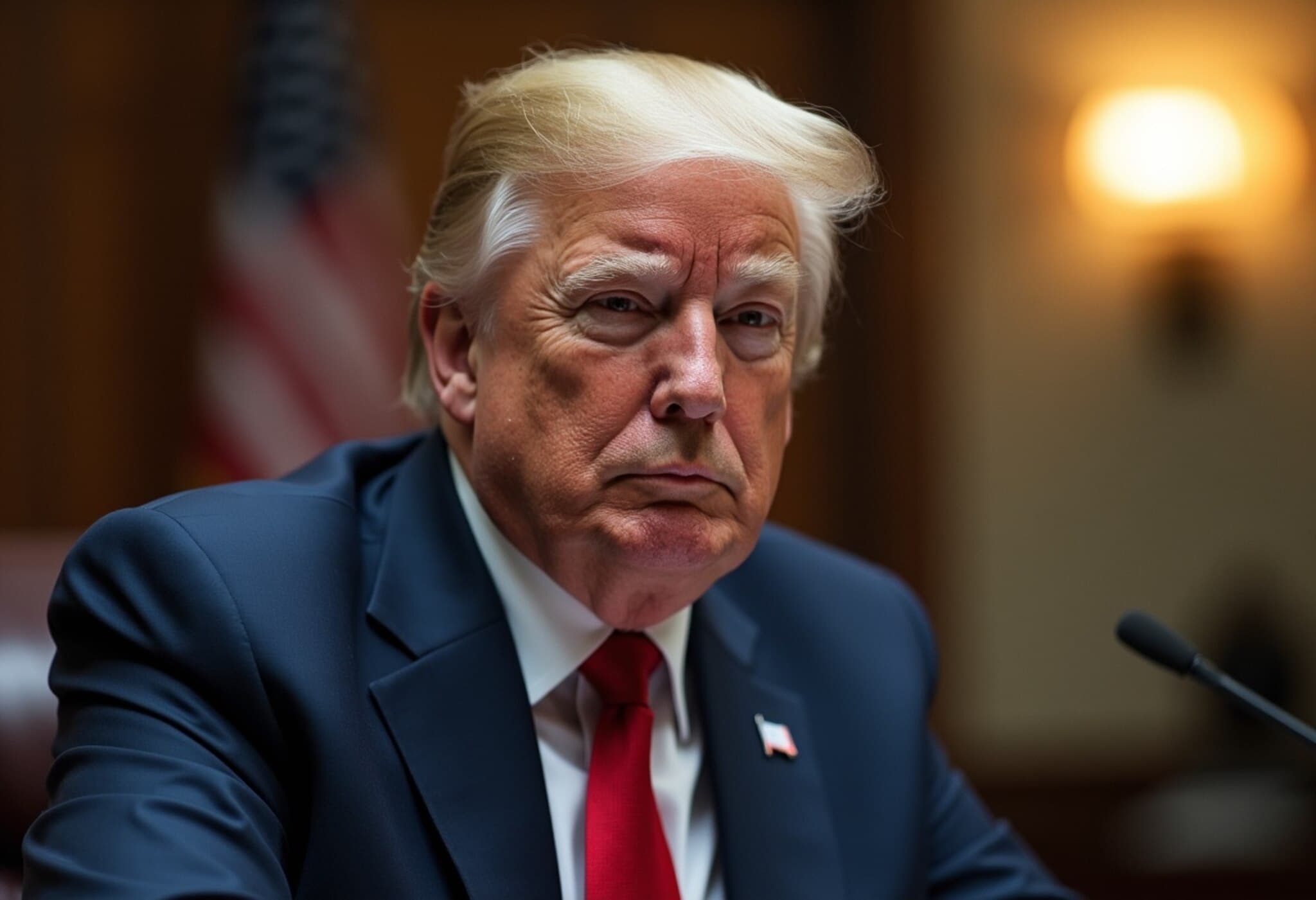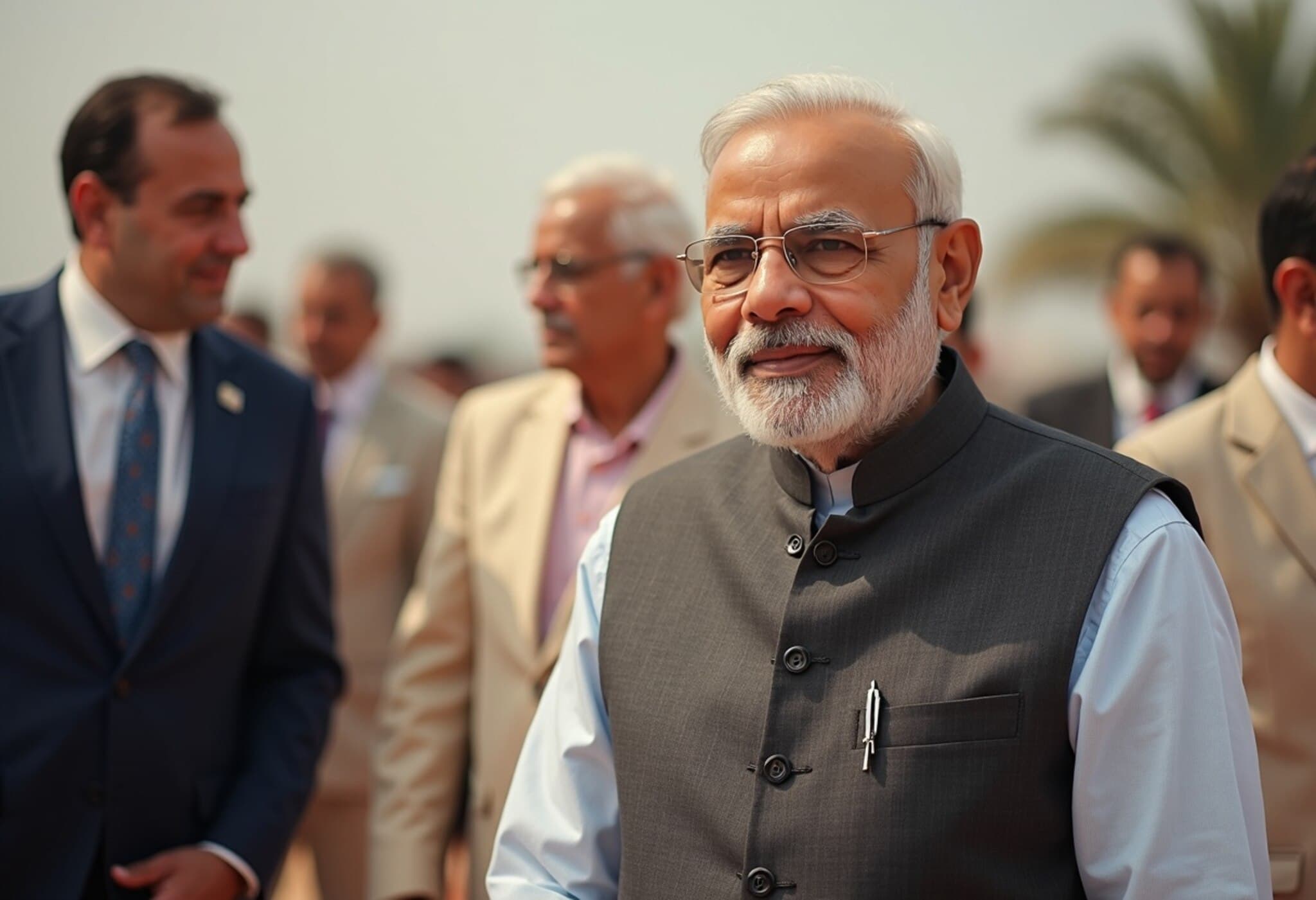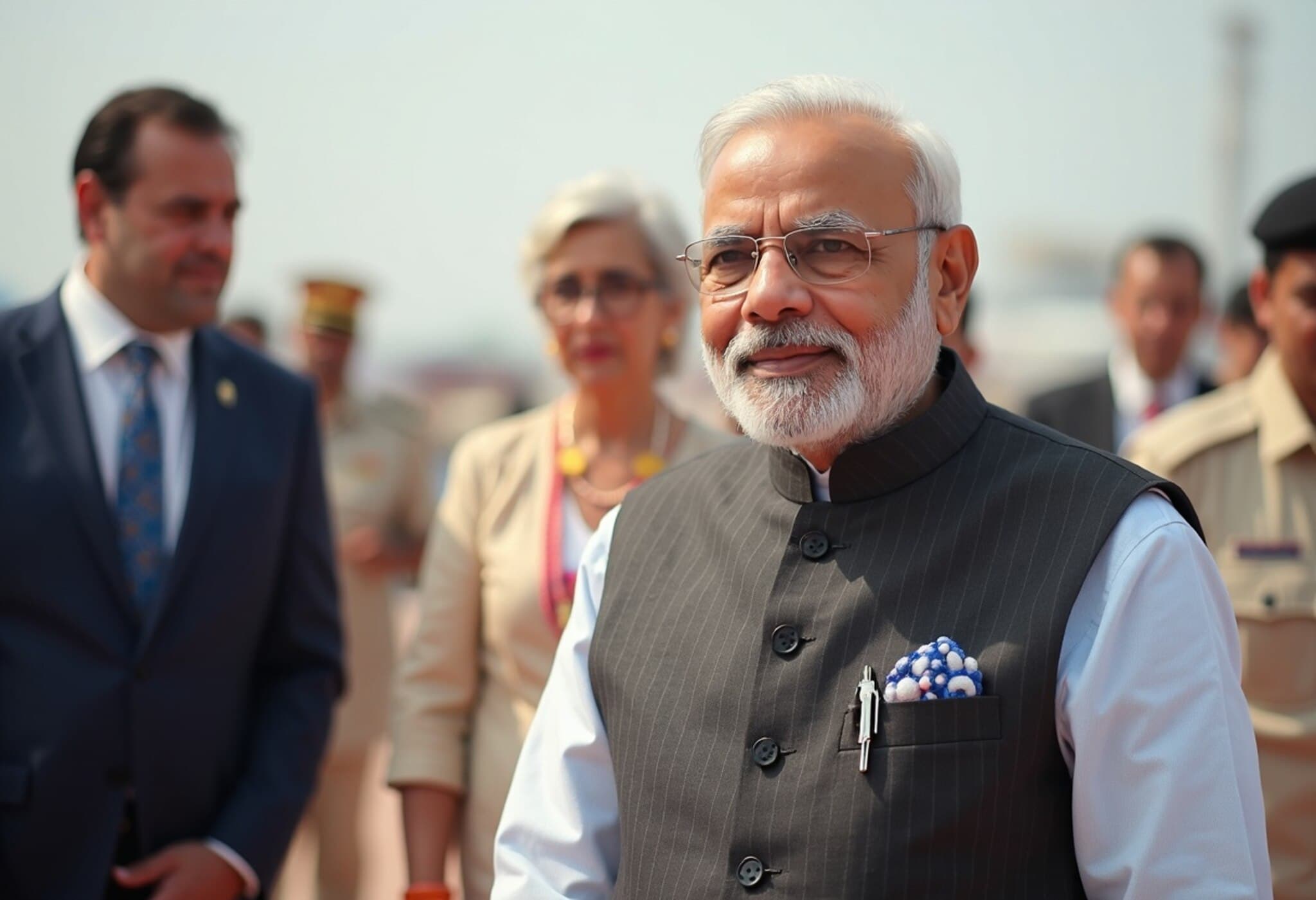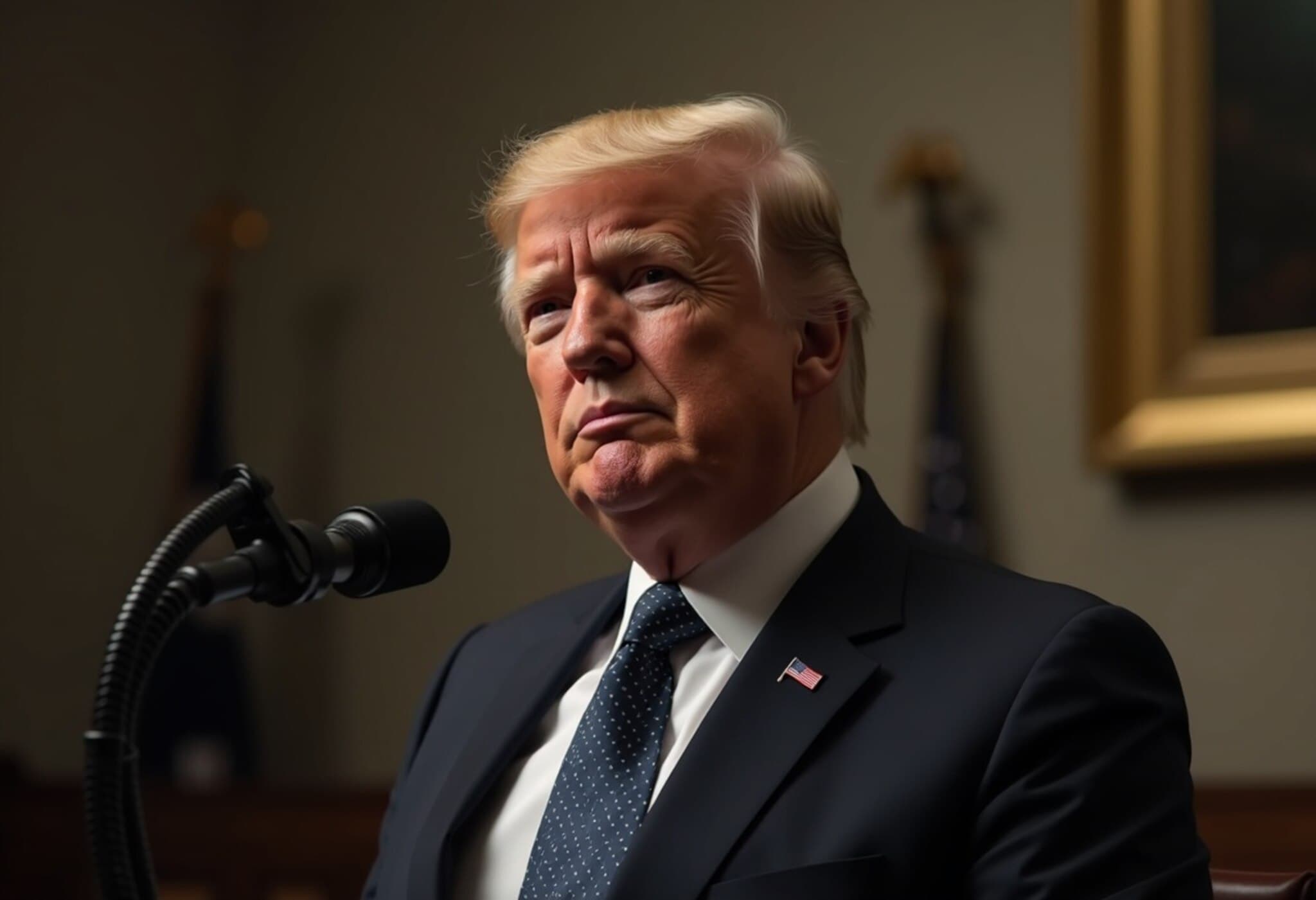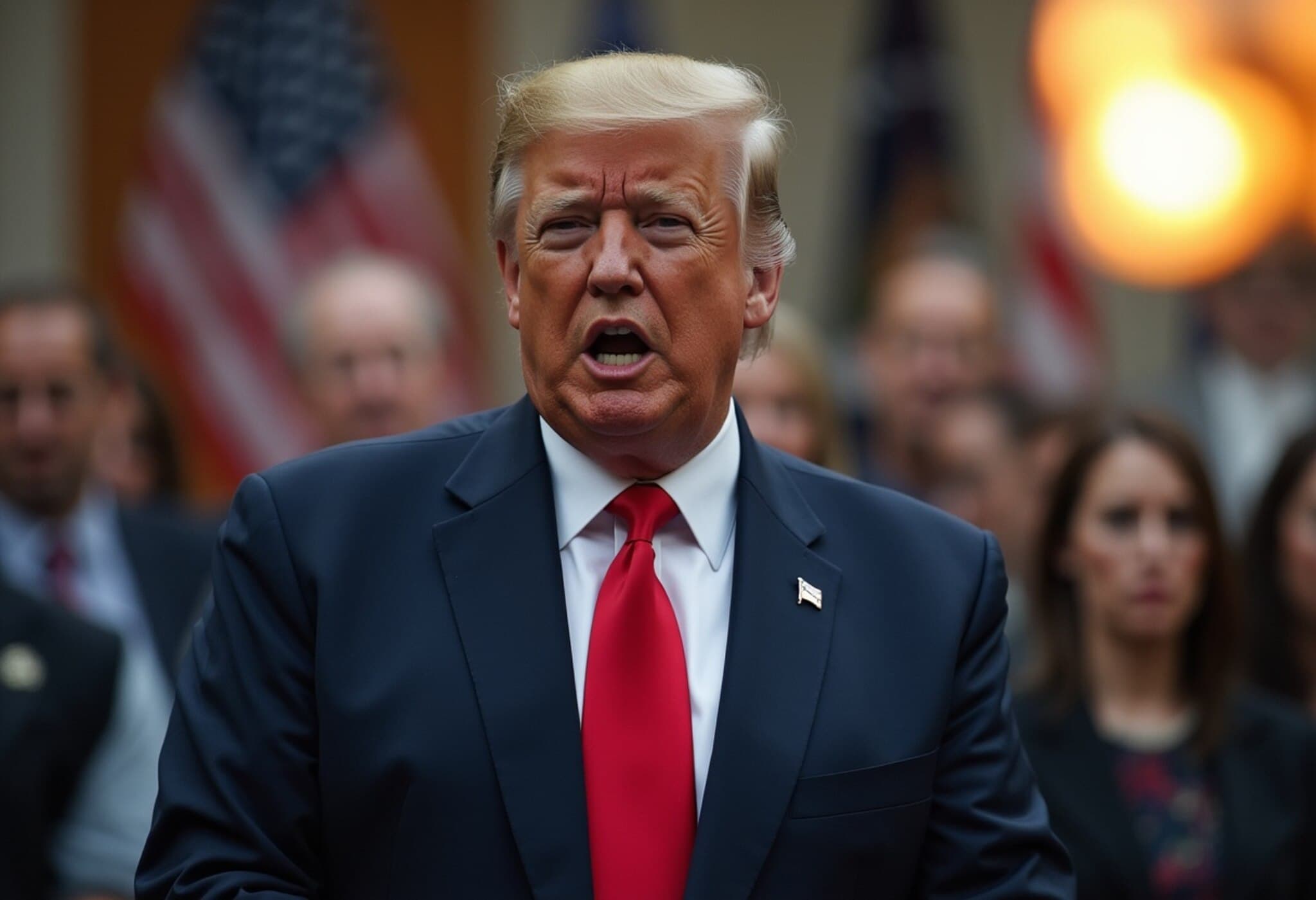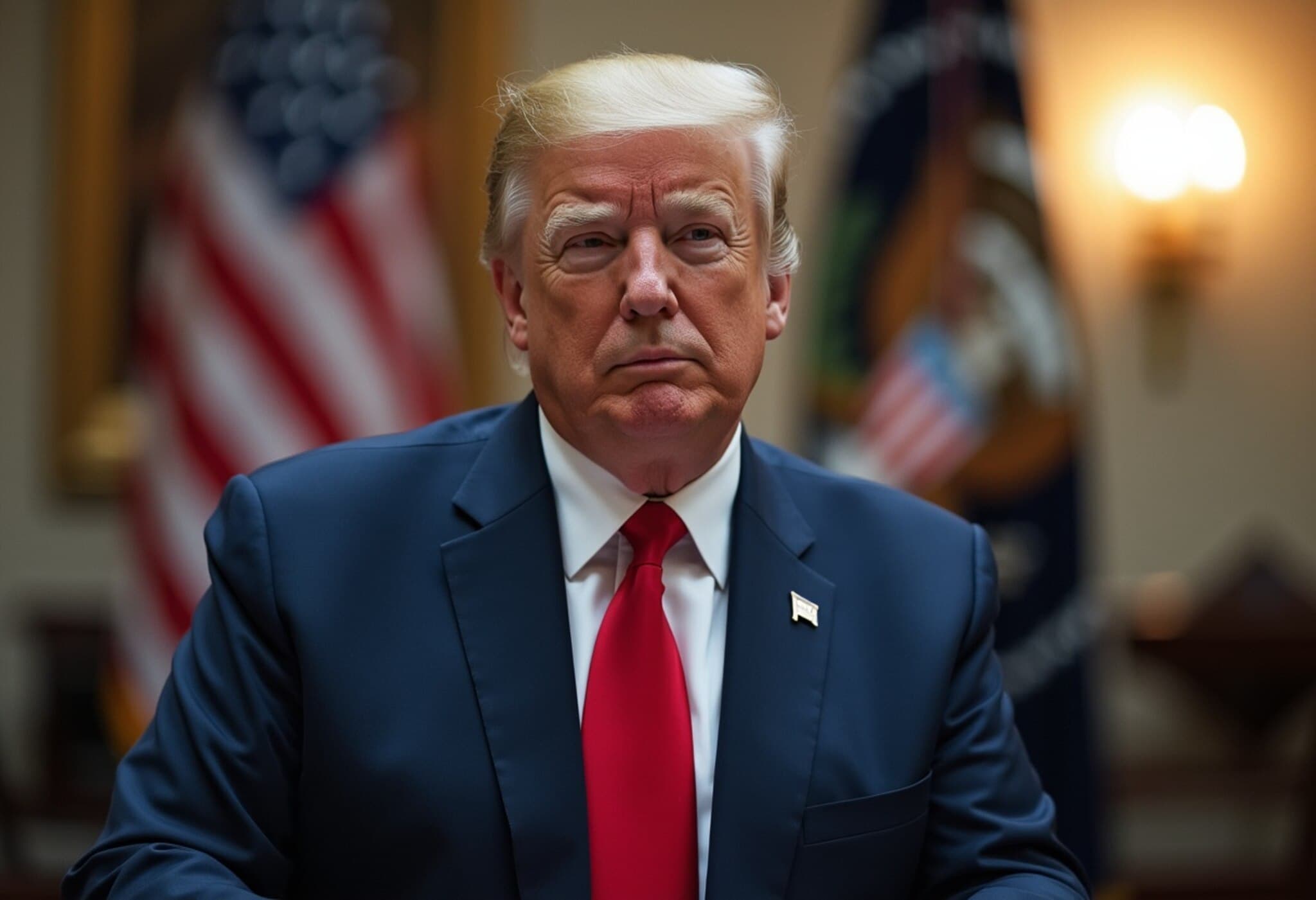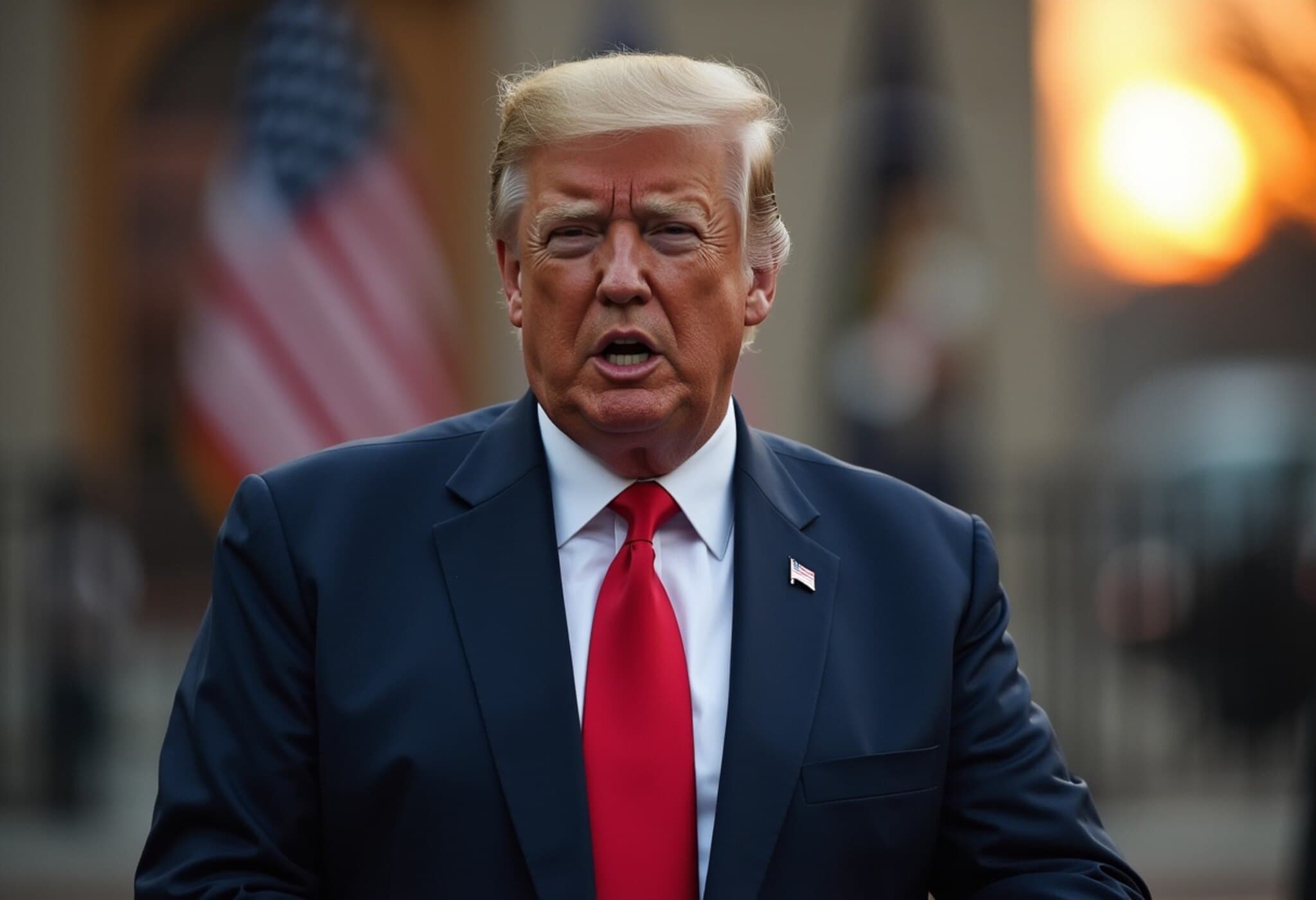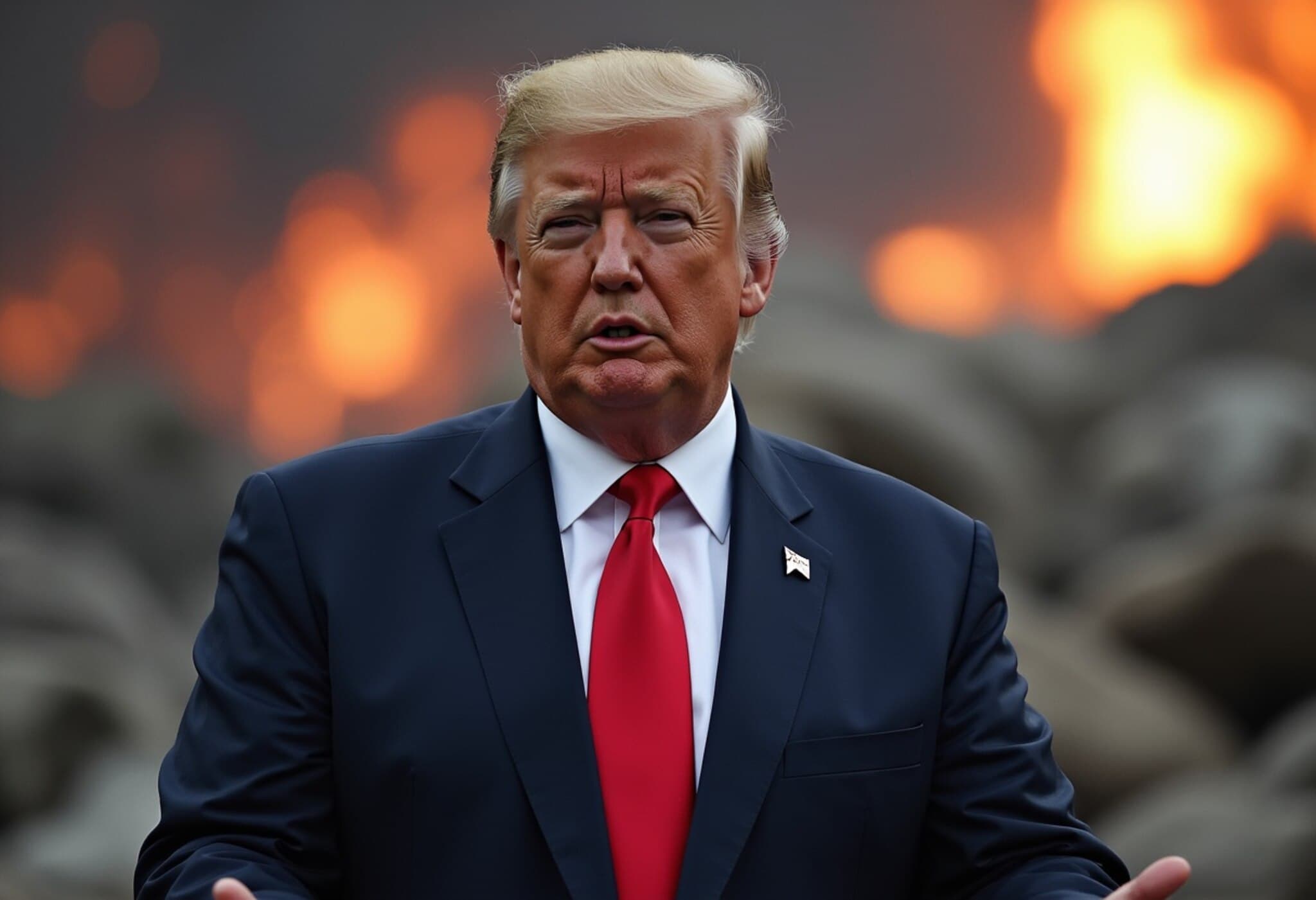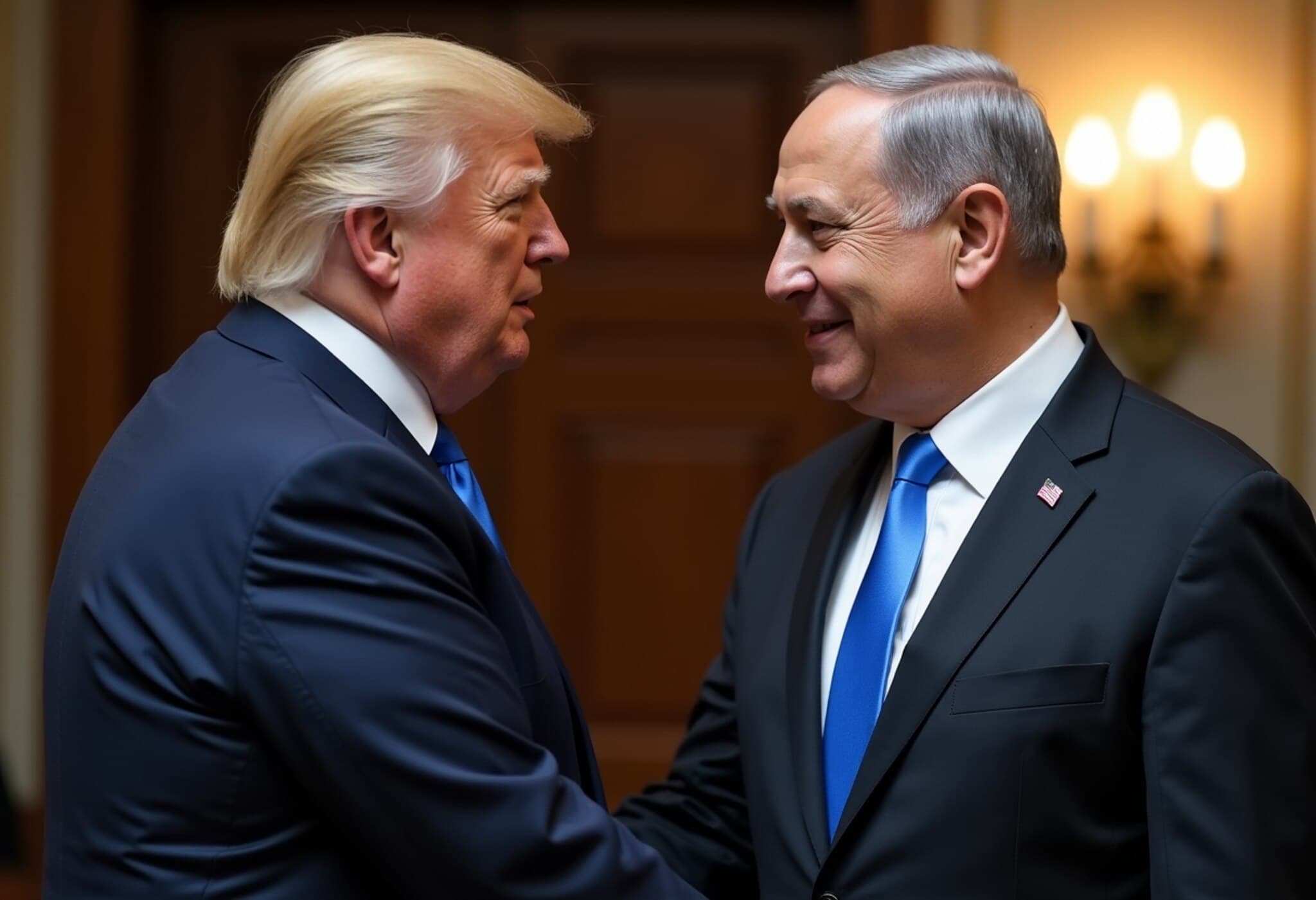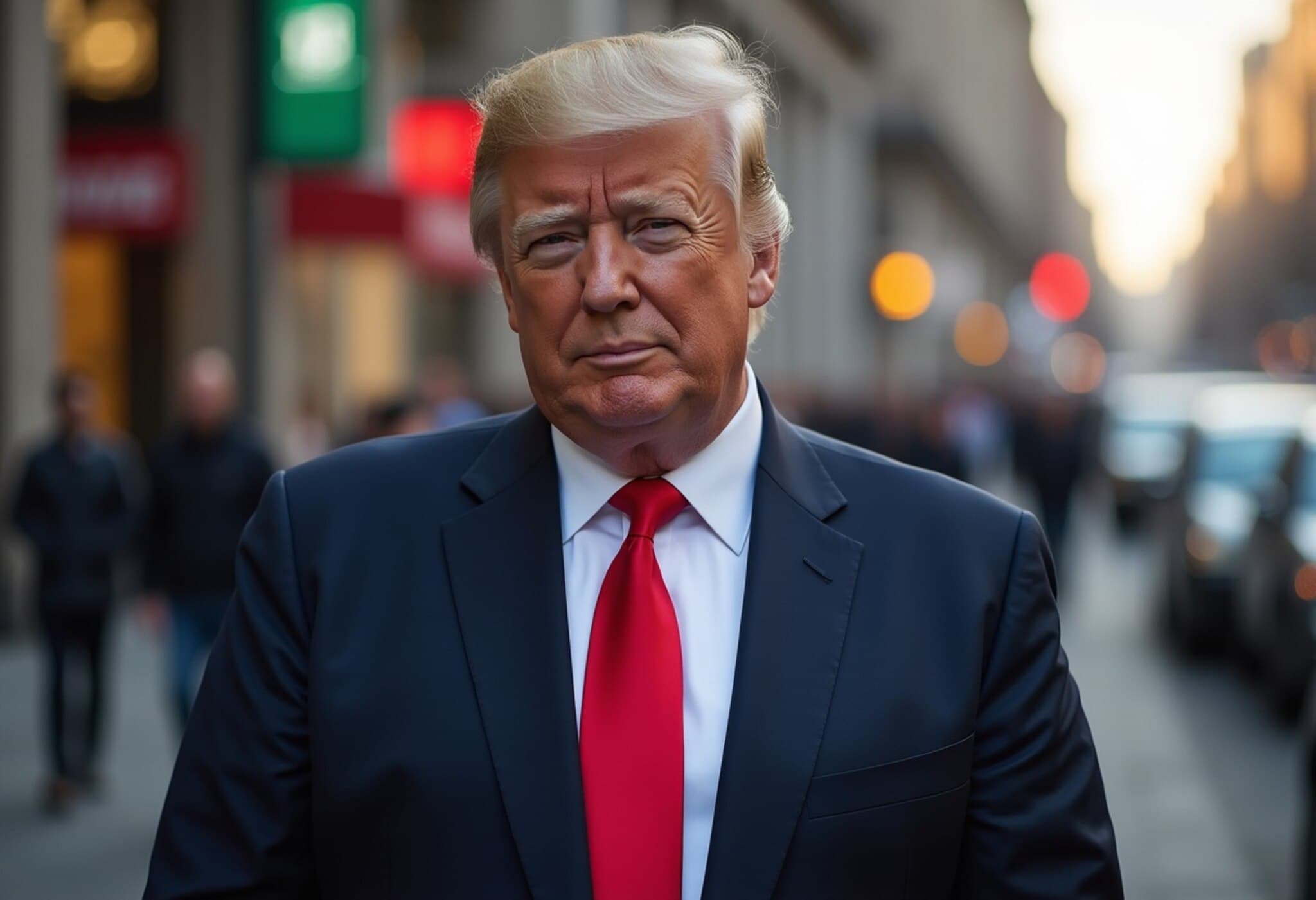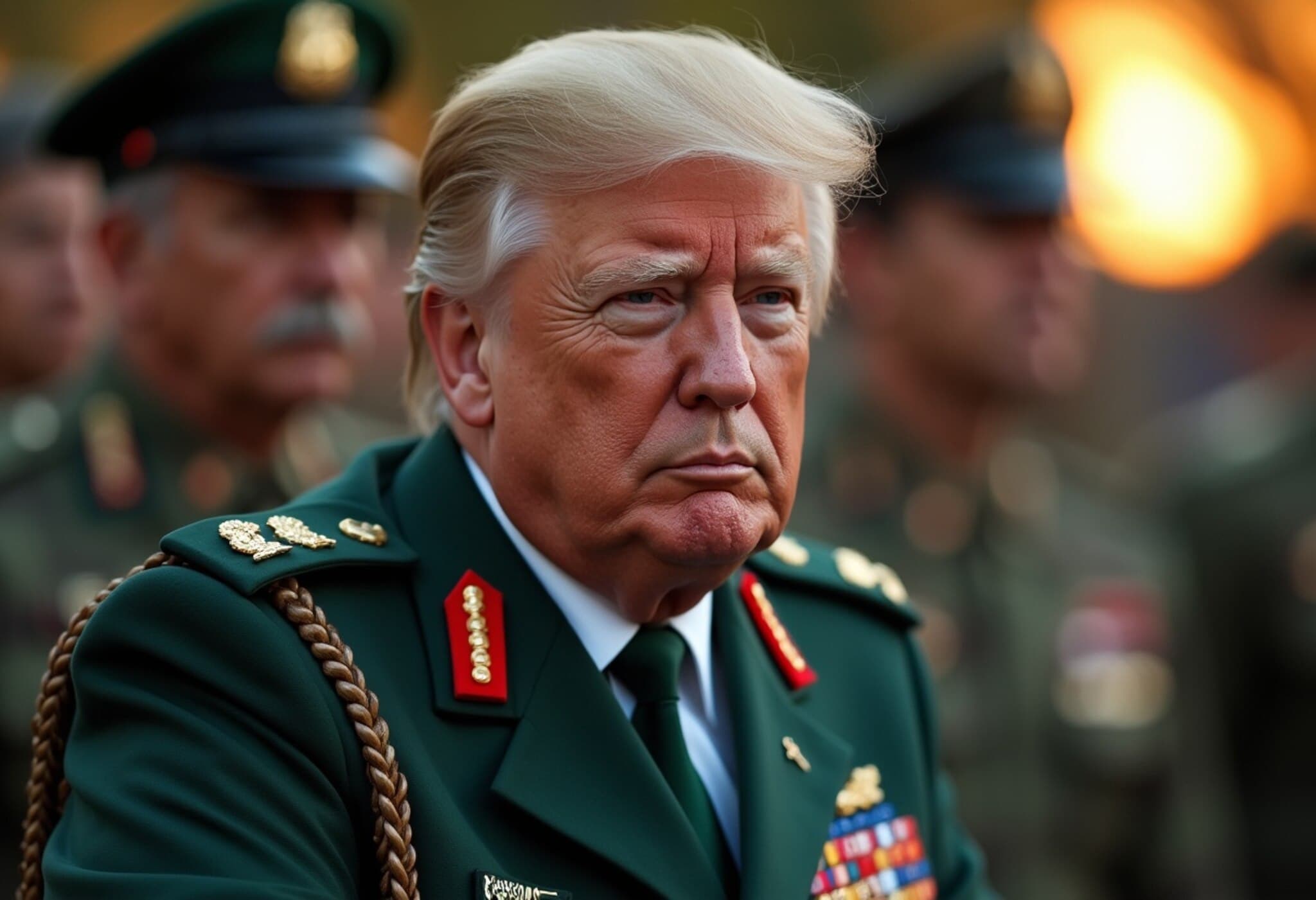Ex-Pentagon Official Questions Trump's Diplomatic Strategy
Michael Rubin, a former Pentagon official and senior fellow at a prominent think tank, voiced significant concerns about former President Donald Trump's handling of international diplomacy, particularly regarding South Asia and the Middle East. Rubin contends that Trump’s approach lacks a nuanced understanding of historical context and prioritizes personal accolades over national security interests.
Diplomacy Overshadowed by Personal Ambitions
Rubin sharply criticized Trump's tendency to treat conflicting nations' security with moral equivalence, rather than clearly identifying right and wrong. He cautioned that this blurred stance could dangerously escalate tensions in volatile regions, such as the conflict zones between Pakistan and India, and between Israel and Iran.
"The core problem is Trump's absence of a comprehensive historical grasp," Rubin explained. "His inclination toward moral equivalence risks sidelining genuine security concerns in favor of winning a Nobel Peace Prize."
The Pakistan Factor and Military Influence
Highlighting recent developments, Rubin noted Pakistan's Chief of Army Staff, General Asim Munir's visit to the White House. Rubin observed that Trump’s fondness for military figures may influence his interactions with Munir, who wields significant power in Pakistan — arguably more than the civilian government.
"Trump’s admiration for generals is well-known, and Munir’s authority surpasses Pakistan’s prime minister, which Trump appears to acknowledge without the typical diplomatic nuance," Rubin stated.
The former official further posed questions about whether Trump issued private warnings to Munir regarding Pakistan’s covert actions, suggesting possible behind-the-scenes pressure allowing both parties to save face publicly.
Pakistan’s Strategic Alignments and Consequences
Rubin characterized Pakistan as increasingly operating under China's influence, effectively serving as a proxy state. He emphasized China’s strategic priority to maintain uninterrupted oil flows from the Persian Gulf, an interest that adds complexity to the region's tensions.
"Pakistan’s ongoing sponsorship of terrorism will inevitably come at a significant cost," Rubin warned. He pointed to the nation’s internal instability as evidence of the consequences it already bears.
India’s Path to Security Autonomy
Turning to India, Rubin stressed that the country must shoulder full responsibility for its national security based on concrete realities rather than transient political promises. He recommended that India weigh its interests independently, at times disregarding foreign advice, including from Washington.
"India’s security decisions should ultimately be guided by its government and Prime Minister Modi, not by leaders like Trump who may temporarily claim influence," Rubin asserted, drawing parallels to how former Israeli Prime Minister Benjamin Netanyahu prioritized Israel’s security over U.S. presidential preferences.
Bipartisan U.S. Support for India and Tough Stance on Pakistan
Rubin highlighted the strong bipartisan consensus in the U.S. Congress backing India, contrasting it with growing intolerance for Pakistan’s malign activities. "There is minimal appetite in Washington to tolerate Pakistan's disruptive behavior," he remarked, pointing to mounting frustration in U.S. policy circles.
China’s Regional Interests and Proxy Dynamics
Delving deeper into China’s role, Rubin described Beijing’s critical interest in the continued smooth flow of oil through strategic chokepoints like the Strait of Hormuz. He suggested that Pakistan’s alignment with China complicates regional dynamics and speculated that communications during Trump and Munir's exchanges could have involved Chinese interests.
"Pakistan no longer acts independently," Rubin concluded, "but functions in alignment with Chinese geopolitical objectives."
Conclusion
Rubin’s insights shed light on the precarious balance in South Asian and Middle Eastern geopolitics amid shifting international alliances. They underscore the necessity for clear-eyed, historically informed diplomacy and caution against prioritizing personal political ambitions over strategic realities.

